Texas' abortion travel bans face a constitutional challenge
Conservative activists say they want to stop 'abortion trafficking.' But is there a right to travel?
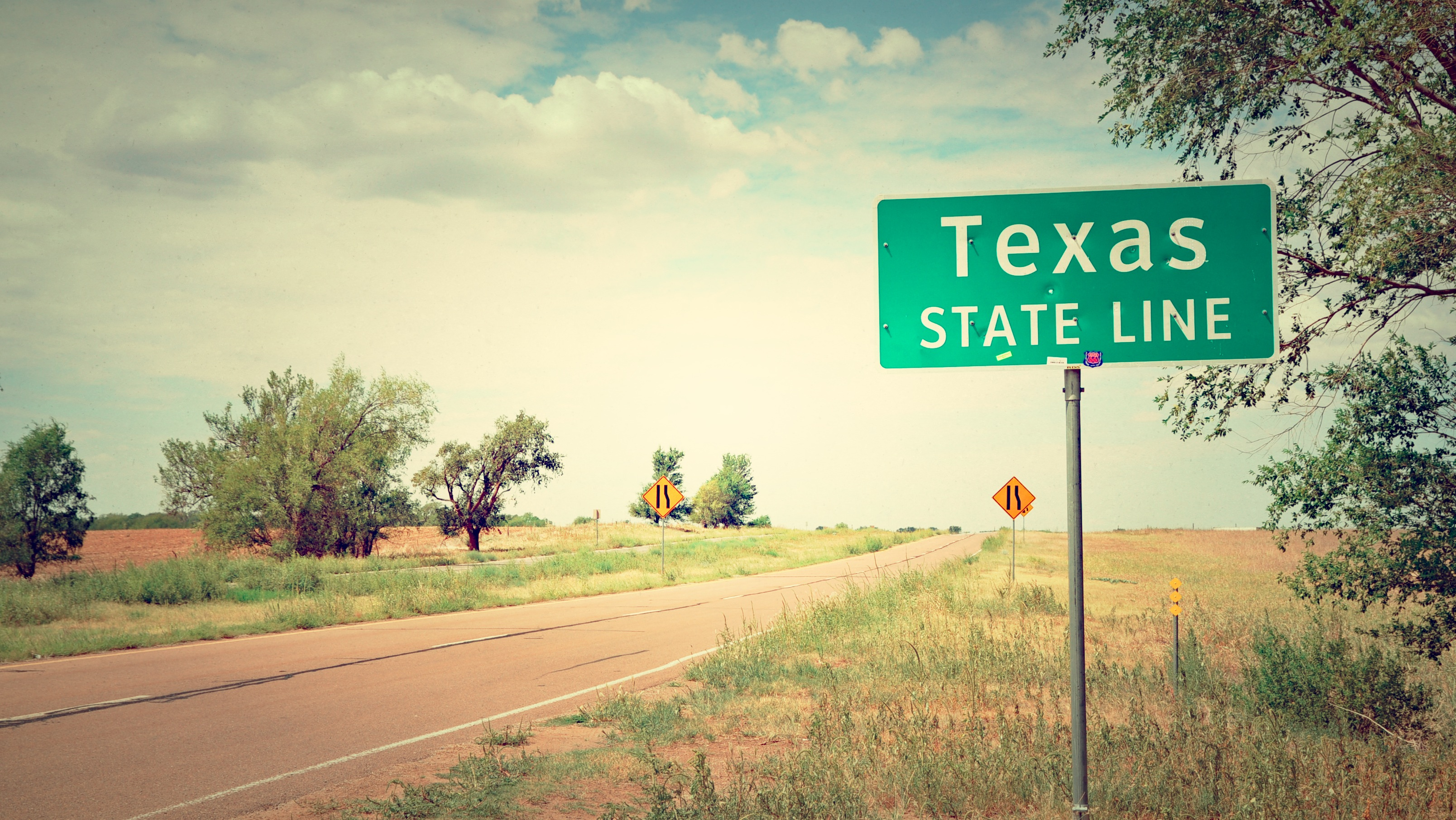

It is no longer legal to drive through some parts of Texas on the way to an out-of-state abortion.
The Guardian reported that commissioners in Lubbock County on Monday approved a measure "to ban people from transporting others along local roads for abortions." (Abortion, of course, is already illegal in the state.) Supporters of the effort say that such journeys amount to "abortion trafficking." "This ordinance fully supports the belief that unborn children are human beings and that they deserve the right to life," said lawyer Jonathan Mitchell, who helped devise the ordinance.
Lubbock County is just the biggest — and latest — Texas community to put a travel ban in place. The Associated Press reported the campaign has been underway since 2019, with critics painting the bans as "an effort to intimidate women from seeking abortions in places where it remains legal." The measures ostensibly penalize only people providing transportation, not pregnant women, but it remains a real question whether the new laws are actually enforceable. "We haven't had this kind of issue tested," said one law professor.
Subscribe to The Week
Escape your echo chamber. Get the facts behind the news, plus analysis from multiple perspectives.

Sign up for The Week's Free Newsletters
From our morning news briefing to a weekly Good News Newsletter, get the best of The Week delivered directly to your inbox.
From our morning news briefing to a weekly Good News Newsletter, get the best of The Week delivered directly to your inbox.
Expect challenges. "People have a right to travel — like, for any reason," Charlie Hughes of the Texas Equal Access Fund told the Dallas Observer. (Indeed, abortion rates are still rising nationally despite widespread abortion bans in red states since the end of Roe v. Wade last year.) For some critics, the new measures conjure up startling possibilities: "Instead of 'stop and frisk,' are police going to direct cars with fertile-looking passengers to pull over for a 'pee to flee'?"
'Effectively take someone hostage'
Advocates for the travel ban say it's not actually a travel ban. Another ordinance — this one in Cochran County — "does not interfere with the right to travel," Mark Dickson of Right to Life East Texas told Texas Scorecard, a conservative website. It merely imposes penalties on those who "traffic pregnant mothers across state lines for the purpose of an abortion." The ordinance is patterned after the federal Mann Act, a 20th-century law used to prosecute the sexual trafficking of minors.
The new laws are "unconstitutional," Ian Milhiser argued at Vox. The Supreme Court has long held that states "may not impose even fairly insignificant barriers on U.S. citizens who wish to travel outside that state." It thus follows that Texas communities "may not effectively take someone hostage for months" during their pregnancy. As for the Mann Act comparisons: "The Constitution gives Congress, and not state or local governments, exclusive authority over interstate commerce."
Not so fast, countered Hannah Rahim, writing for The Petrie-Flom Center for Health Law Policy, Biotechnology, and Bioethics at Harvard Law. There are some precedents that suggest the Constitution "does not clearly prohibit" states from banning abortion travel. Relying on a right to travel is "problematic." Texas isn't keeping anybody from leaving the state: It's just requiring them to "still abide by the home state's restrictions on abortion" when they go on the road. That doesn't mean such laws are wise, though. "There are powerful normative reasons for prohibiting states from banning abortion travel."
A free daily email with the biggest news stories of the day – and the best features from TheWeek.com
'A deep breath'
There are some skeptics of the new ordinances in the anti-abortion movement. World, a conservative Christian news site, reported that one doubter is Paul Linton, special counsel for Texas Alliance for Life. He said a travel ban "in large measure, is unconstitutional" because of the right to travel. Then again, it's not clear whom pro-choice groups might sue in order to overturn the ordinances: Like the state's abortion ban, the travel bans are designed to be enforced not by government officials but by private individuals suing in civil courts.
Another set of skeptics: The leaders of Amarillo, another "majority conservative" community in the northern part of the state. The Texas Tribune reported that the Amarillo City Council on Tuesday "took a deep breath" and put the brakes on a proposed abortion travel ban in that community. One resident, Keely Wilson, told the council the ban would scare people away from the city. "If people believe they can be targeted, harassed, investigated or sued by Amarillo residents," she said, "they will be much less likely to drive through or stop here."
Joel Mathis is a writer with 30 years of newspaper and online journalism experience. His work also regularly appears in National Geographic and The Kansas City Star. His awards include best online commentary at the Online News Association and (twice) at the City and Regional Magazine Association.
-
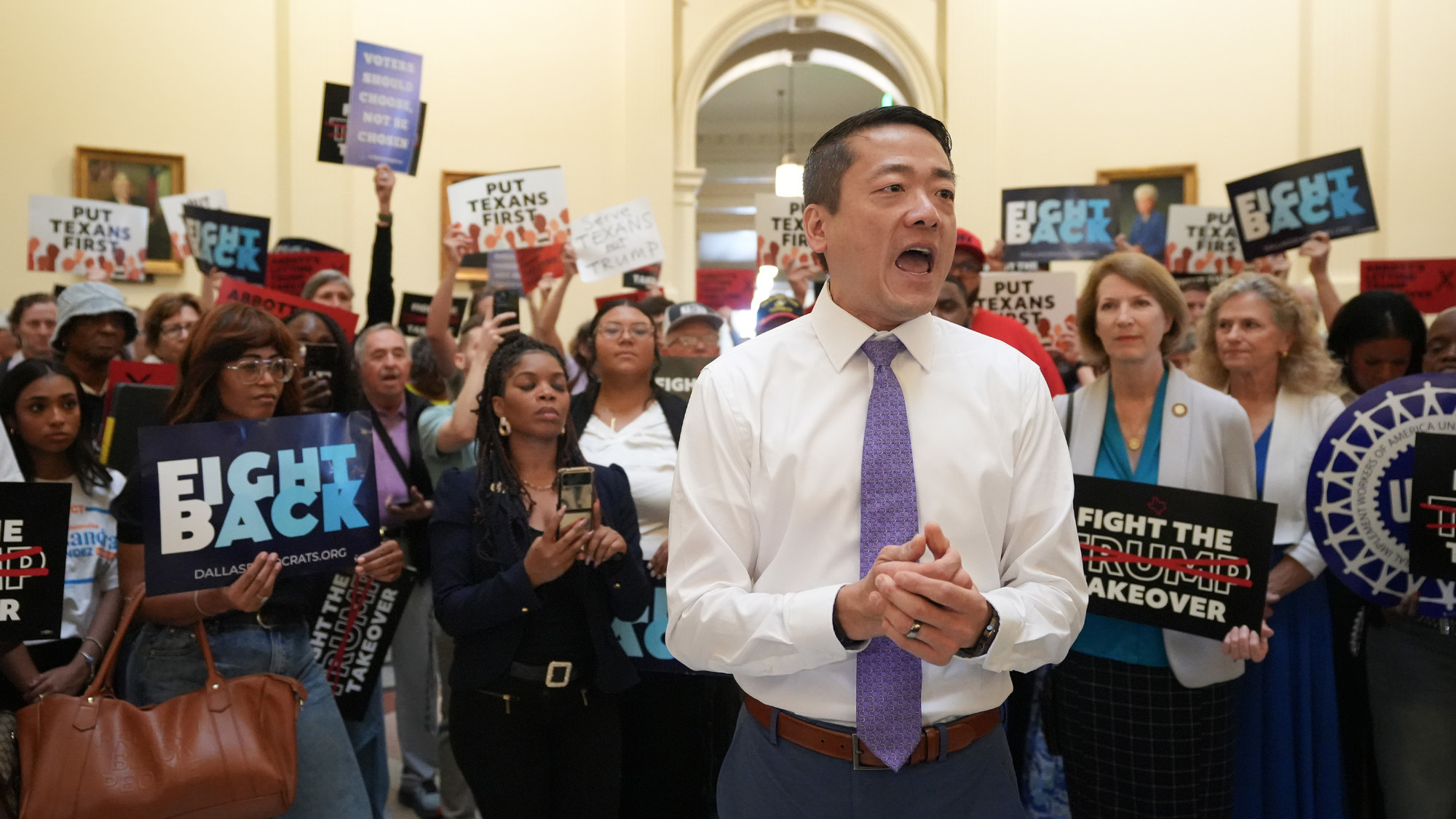 Texas gerrymander battle spreads to other states
Texas gerrymander battle spreads to other statesFeature If Texas adopts its new electoral map, blue states plan to retaliate with Democrat-favored districts
-
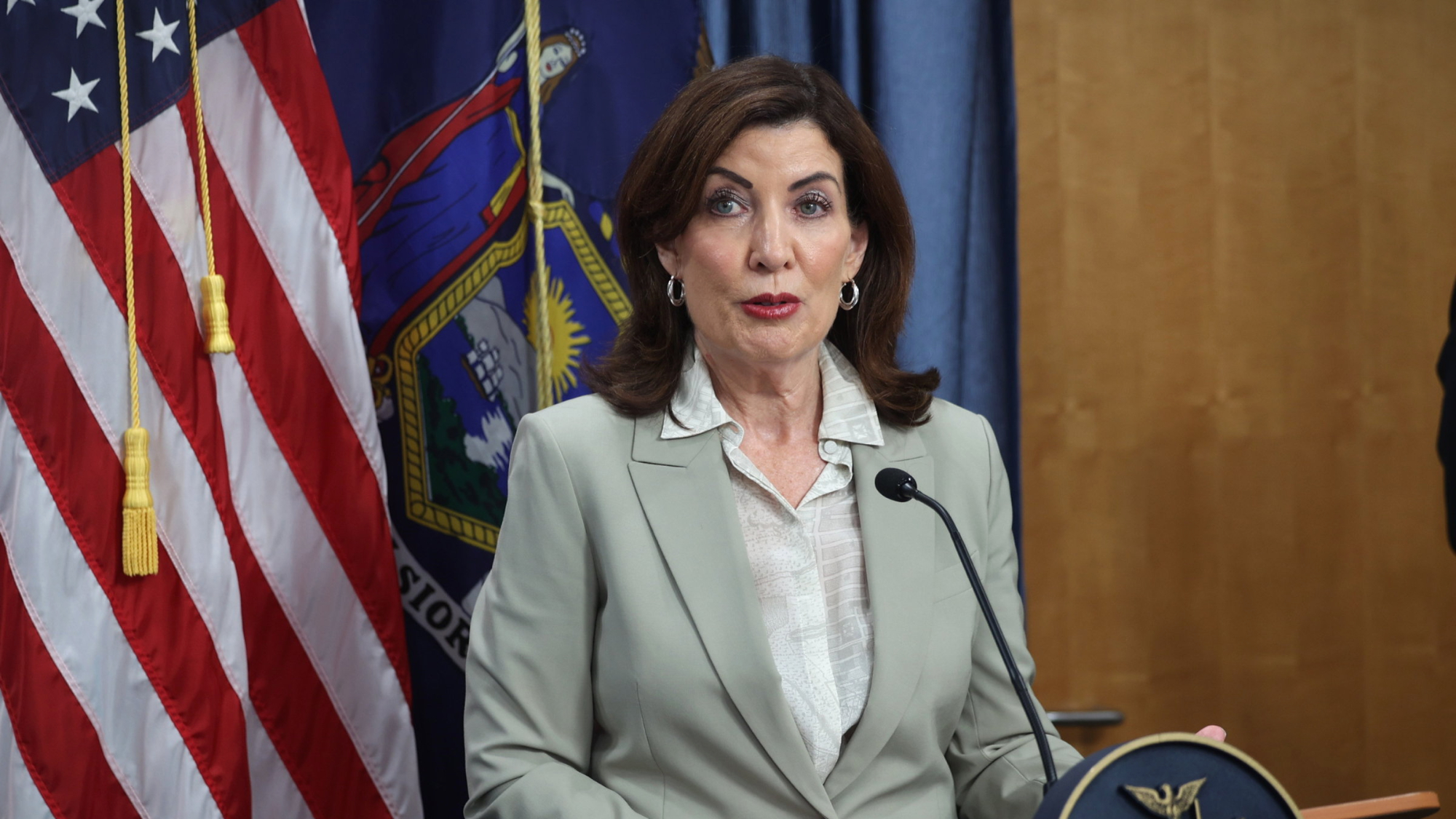 NY's Hochul vows response to Texas gerrymander
NY's Hochul vows response to Texas gerrymanderSpeed Read Gov. Kathy Hochul has promised to play ball with redistricting that favors the Democrats
-
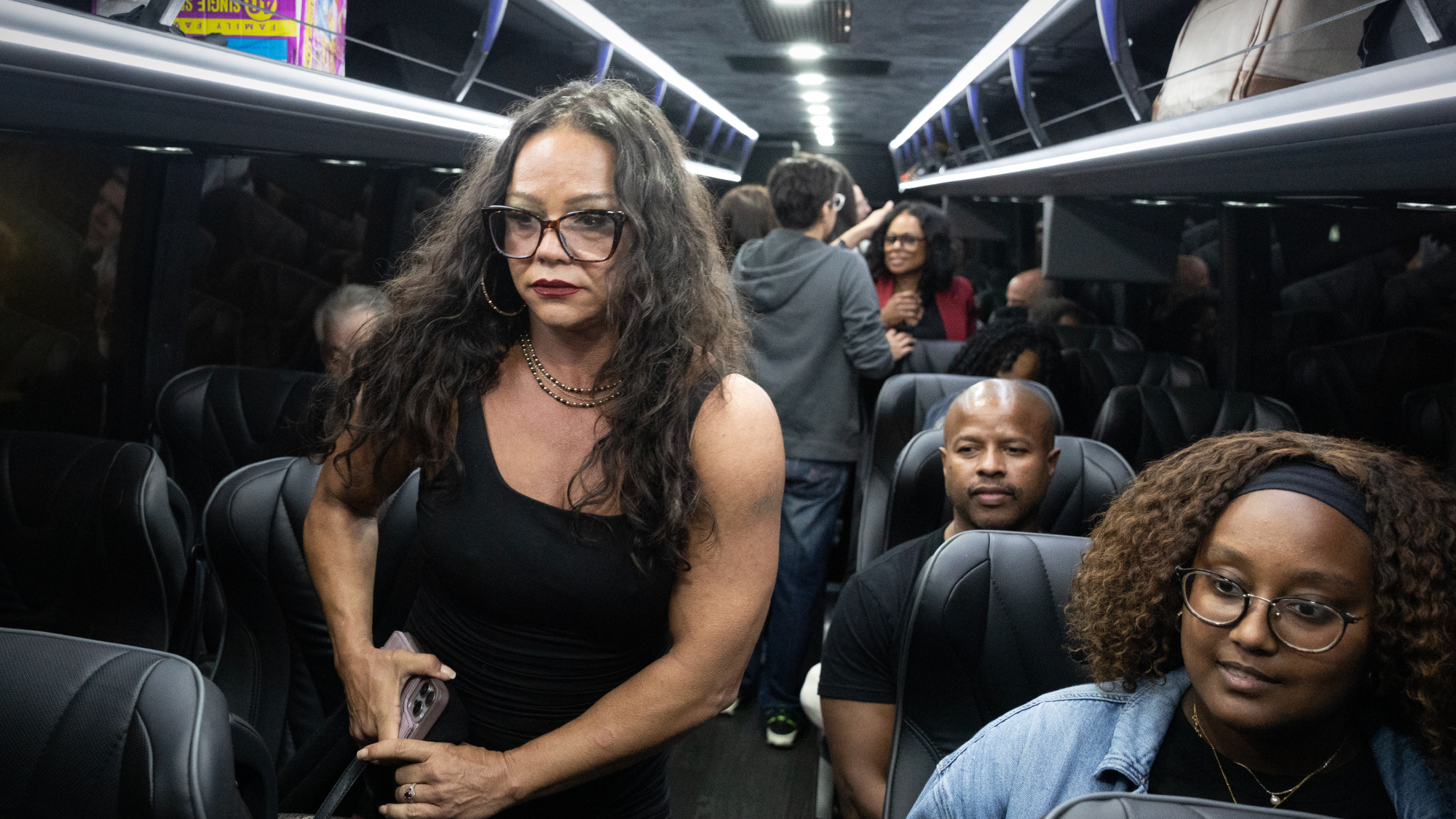 Texas Democrats exit state to block redistricting vote
Texas Democrats exit state to block redistricting voteSpeed Read More than 51 legislators fled the state in protest of the GOP's plan to redraw congressional districts
-
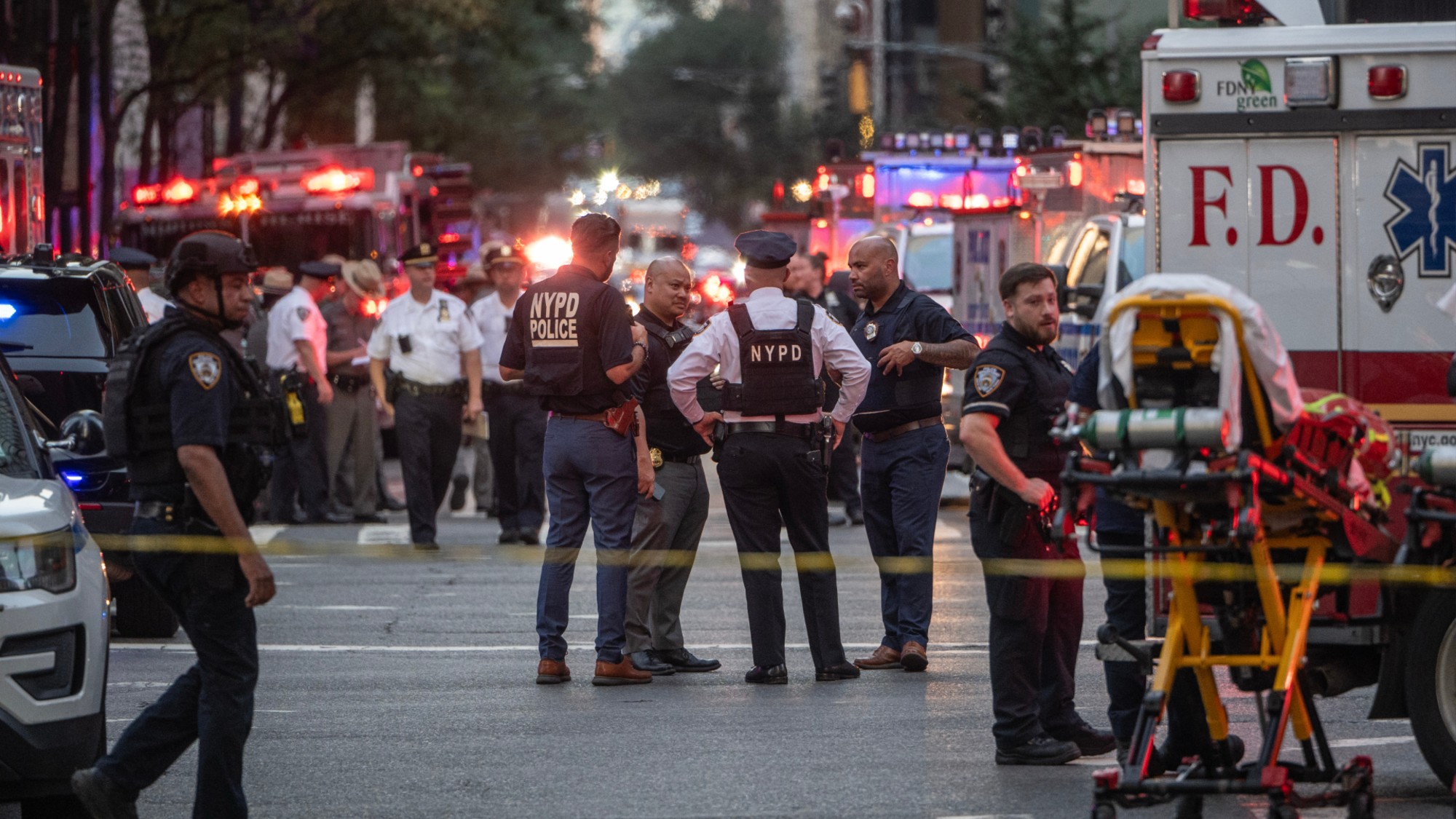 'Grief and condolences are not enough'
'Grief and condolences are not enough'Instant Opinion Opinion, comment and editorials of the day
-
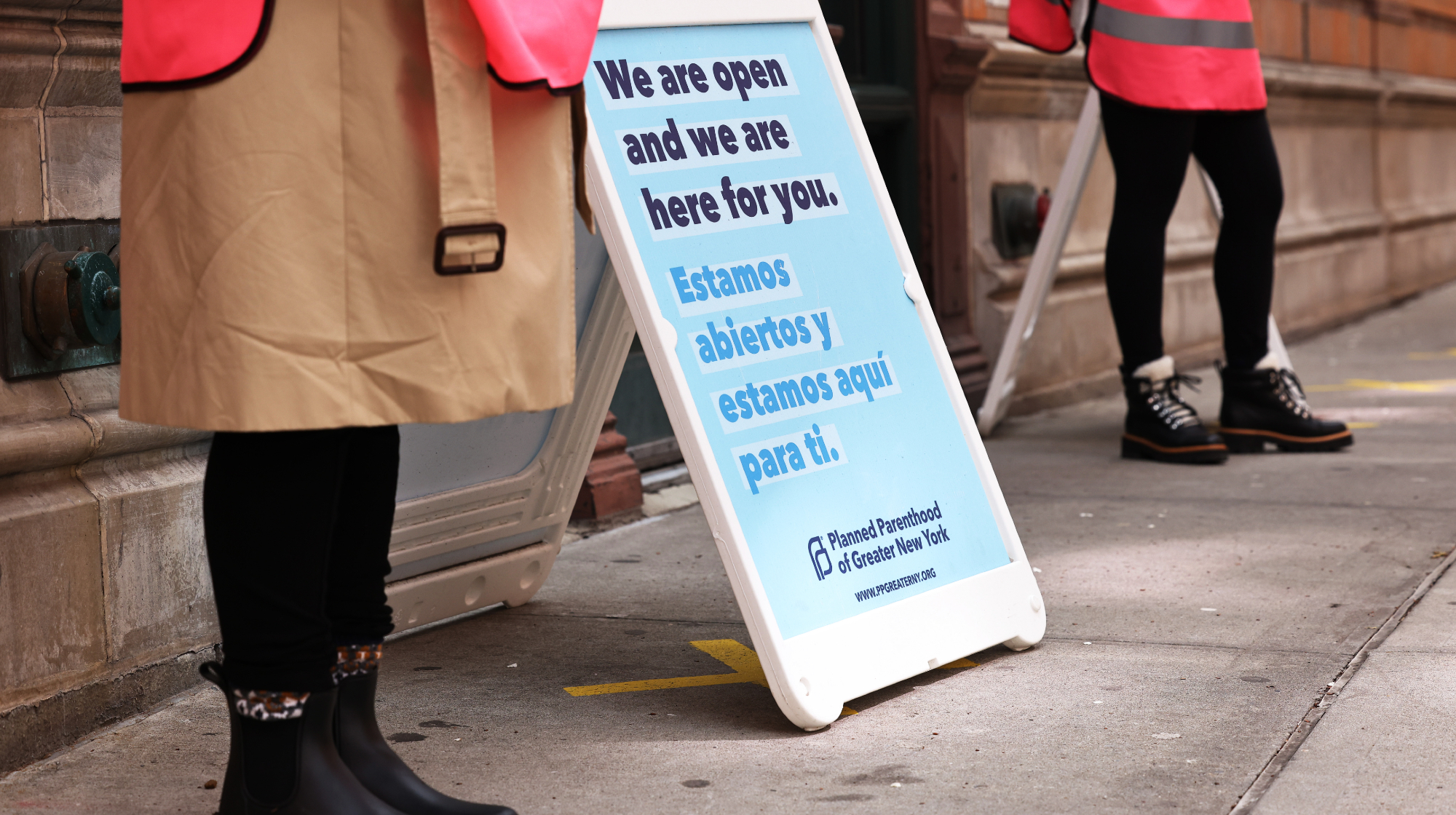 Judge halts GOP defunding of Planned Parenthood
Judge halts GOP defunding of Planned ParenthoodSpeed Read The Trump administration can't withhold Medicaid funds from Planned Parenthood, said the ruling
-
 Gavin Newsom mulls California redistricting to counter Texas gerrymandering
Gavin Newsom mulls California redistricting to counter Texas gerrymanderingTALKING POINTS A controversial plan has become a major flashpoint among Democrats struggling for traction in the Trump era
-
 'Singling out crypto for special scrutiny would be misguided'
'Singling out crypto for special scrutiny would be misguided'Instant Opinion Opinion, comment and editorials of the day
-
 Can Texas redistricting save the US House for the GOP?
Can Texas redistricting save the US House for the GOP?Today's Big Question Trump pushes a 'ruthless' new plan, but it could backfire



